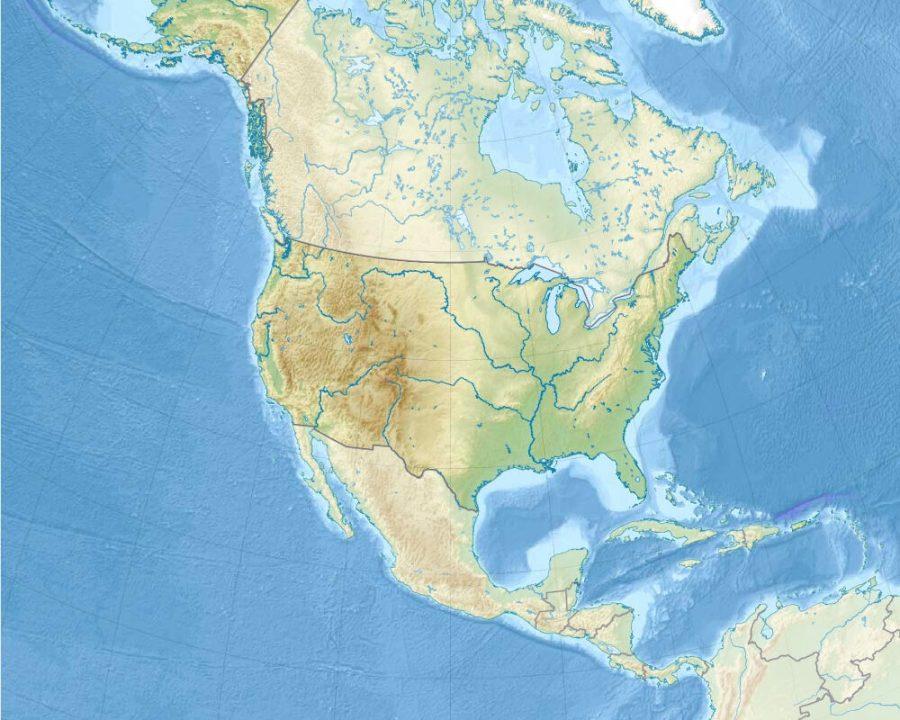With the rise of economic globalism, the reactionary political policy has overwhelmed some aspects of political discourse. However, this, by no means, is a new phenomenon. Throughout the decades, the world has seen the pendulum swing from isolationism to globalism and back again. With the rise of the League of Nations and subsequently thereafter the United Nations, recent decades have seen a strong sense of globalism and global cooperation. However, reactionaries such as Donald Trump in the United States and Boris Johnson in England have seen a wave of socialism that has spurred the rise of events such as Brexit. What exactly is the appeal of political isolationism, and is it a good idea?
Stated plainly, isolationism is the national policy of avoiding political or economic entanglements with other countries (1). While isolationists tend to be nationalists, not all isolationists are nationalists. As is the case with any political ideology, isolationism is a sliding spectrum, with less isolationist nations being contrasted with extremely isolated nations. Isolationism can take place for different reasons and be implemented differently. There are examples of nations that lean isolationist, and nations that may lean non-isolationist.
An example of a nation that is relatively non-isolationist would be the European Union nations, such as Germany and France. Sharing a common currency and establishing open borders, European Union nations tend to be less isolationist, preferring globalism to nationalism. On the other side of the spectrum, extremely isolationist nations include North Korea and Communist Cuba. While all nations have their own reasons to isolate, economic, political, and social reasons often dominate the rationale behind a nation’s decision to be an isolationist state. Regardless of their own reasons, states often take drastic measures to remain isolated.
In the case of North Korea, the Asian state’s official name is the Democratic People’s Republic of Korea. As a communist dictatorship, the DPRK has an extremely weak economy with poor infrastructure. For that reason, the DPRK’s leadership has a strong incentive to decrease social interactions with non-communist nations. This is done to decrease capitalist influences on the nation. Additionally, as a result of its horrible human rights violations, the United Nations and U.N. member nations have imposed strict sanctions that North Korea illegally avoids. North Korea primarily completes economic transactions with China, and China ensures the DPRK does not fall into utter chaos.
Different nations across the globe have different reasons to maintain an isolationist international policy. However, the social and economic ramifications of not being part of the international community are too prevalent to make it sustainable for any nation to maintain an isolationist international policy. While all nations have some sense of isolationism, nations that exhibit extreme forms of isolationism often leave their economies weak and their people discontent. It is for that reason that nations across the world should push to maintain global economic cooperation while maintaining and cultivating their own nation’s culture and heritage. By doing so, they are able to get the best of both worlds. By maintaining strong economic ties with the global community, they can strengthen their own economy. Additionally, by maintaining and strengthening their own culture, they can ensure that international influences do not negatively impact or dilute their own culture. As nations look to grow their own cultures, ensuring economic cooperation mixed with the maintenance of their own culture, nations can indeed be well-suited in the globalist international society.

